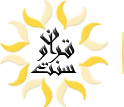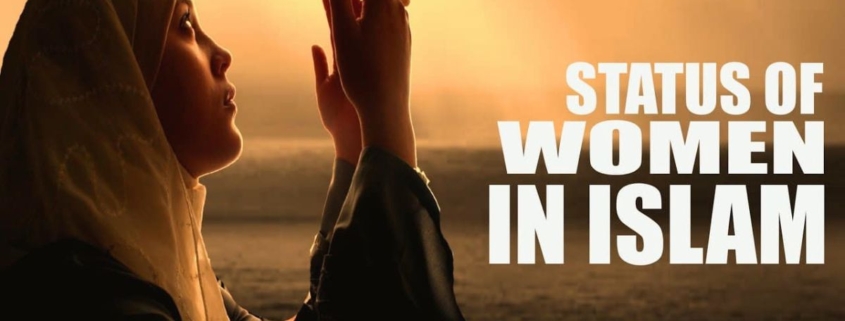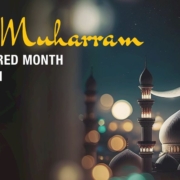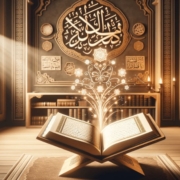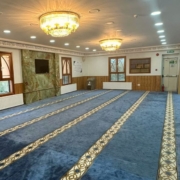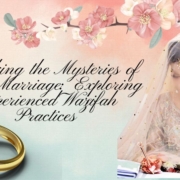Resilience and Faith: The Dynamic Role of Women in Islamic Society
Islam, as a comprehensive way of life, has long recognized and emphasized the importance of Women in Islamic Society. While stereotypes often misrepresent their roles, Islamic teachings, history, and contemporary examples reveal a dynamic interplay between tradition and modernity. Women in Islam play critical roles in family, community development, education, and leadership. Below, we delve into these contributions, debunk myths, and highlight key areas of empowerment.
The Spiritual Role: Equality in Worship and Faith
Islam establishes spiritual equality between men and women. Both genders are equally responsible for fulfilling their religious duties and earning spiritual rewards.
- Women are encouraged to seek knowledge about their faith, pray, and perform acts of charity.
- The Quran recognizes exemplary women such as Maryam (Mary), who is celebrated for her piety and strength.
- Female scholars in Islamic history, such as Aisha (RA), contributed significantly to the preservation and teaching of Islamic knowledge.
Women as Educators and Mentors
Education is a cornerstone of Islamic teachings, and women’s role in nurturing intellectual and moral growth is vital.
- Role as Mothers: Mothers are considered the first educators of their children, instilling values and ethics that shape future generations.
- Contributions to Scholarship: Notable Muslim women, like Fatima al-Fihri, who founded the world’s oldest university in Morocco, exemplify the Islamic encouragement of female education.
Today, many Muslim-majority countries boast female participation in higher education exceeding male enrollment in some regions.
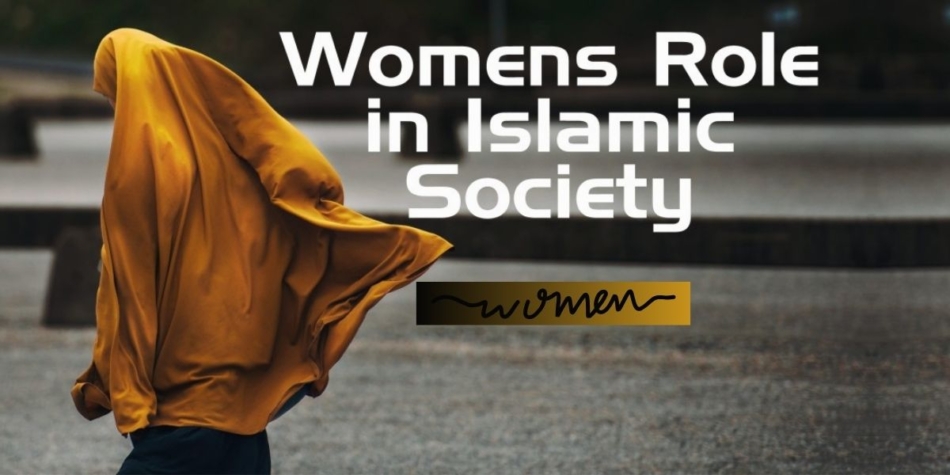
Economic Empowerment and Contribution
Contrary to common misconceptions, Islam grants women financial independence and the right to work and own property.
- Women in early Islamic history were active in trade and commerce, such as Khadijah (RA), the Prophet Muhammad’s wife, who was a successful businesswoman.
- Modern Muslim women excel in fields like science, technology, arts, and politics, contributing to societal progress while adhering to Islamic principles.
Leadership and Public Participation
- Women in Islam have historically held leadership positions and influenced critical decisions.
- During the Caliphate, women were involved in advising leaders and managing societal affairs.
- Today, Muslim women lead as policymakers, activists, and entrepreneurs, balancing their responsibilities with cultural and religious values.
Myths and Misconceptions
The portrayal of women in Islamic societies is often clouded by stereotypes, but reality contrasts sharply with these assumptions.
- The Hijab Debate: Many women wear the hijab as a personal choice and view it as an expression of empowerment and identity, not oppression.
- Marriage and Family: Islam emphasizes mutual respect and consultation between spouses, granting women the right to choose their partners and seek divorce if necessary.
Key Areas of Empowerment
Here are the pivotal areas where women’s roles in Islamic society shine:
- Education: Advocating equal opportunities for formal and religious education.
- Healthcare: Increasing access to healthcare tailored for women, respecting cultural sensitivities.
- Legal Rights: Promoting awareness of women’s inheritance, marriage, and work rights outlined in Islamic law.
- Community Engagement: Encouraging participation in social and charitable initiatives.
Challenges and the Way Forward
Despite significant progress, challenges such as cultural barriers, misinterpretations of Islamic teachings, and gender bias persist in some regions. Addressing these issues requires:
- Community Awareness: Educating both men and women about authentic Islamic teachings on gender roles.
- Policy Changes: Encouraging governments in Muslim-majority countries to enact reforms that align cultural practices with Islamic principles.
- Global Advocacy: Highlighting stories of successful Muslim women to inspire others and challenge stereotypes.
Conclusion
Women in Islamic society embody resilience, spirituality, and progressiveness. From the early days of Islam to the present, their roles have been diverse and impactful. Understanding and appreciating these contributions through an authentic Islamic lens fosters mutual respect and paves the way for continued growth. By promoting education, dismantling stereotypes, and embracing inclusivity, Islamic societies can continue to thrive, honouring the pivotal roles women play in shaping their future.
